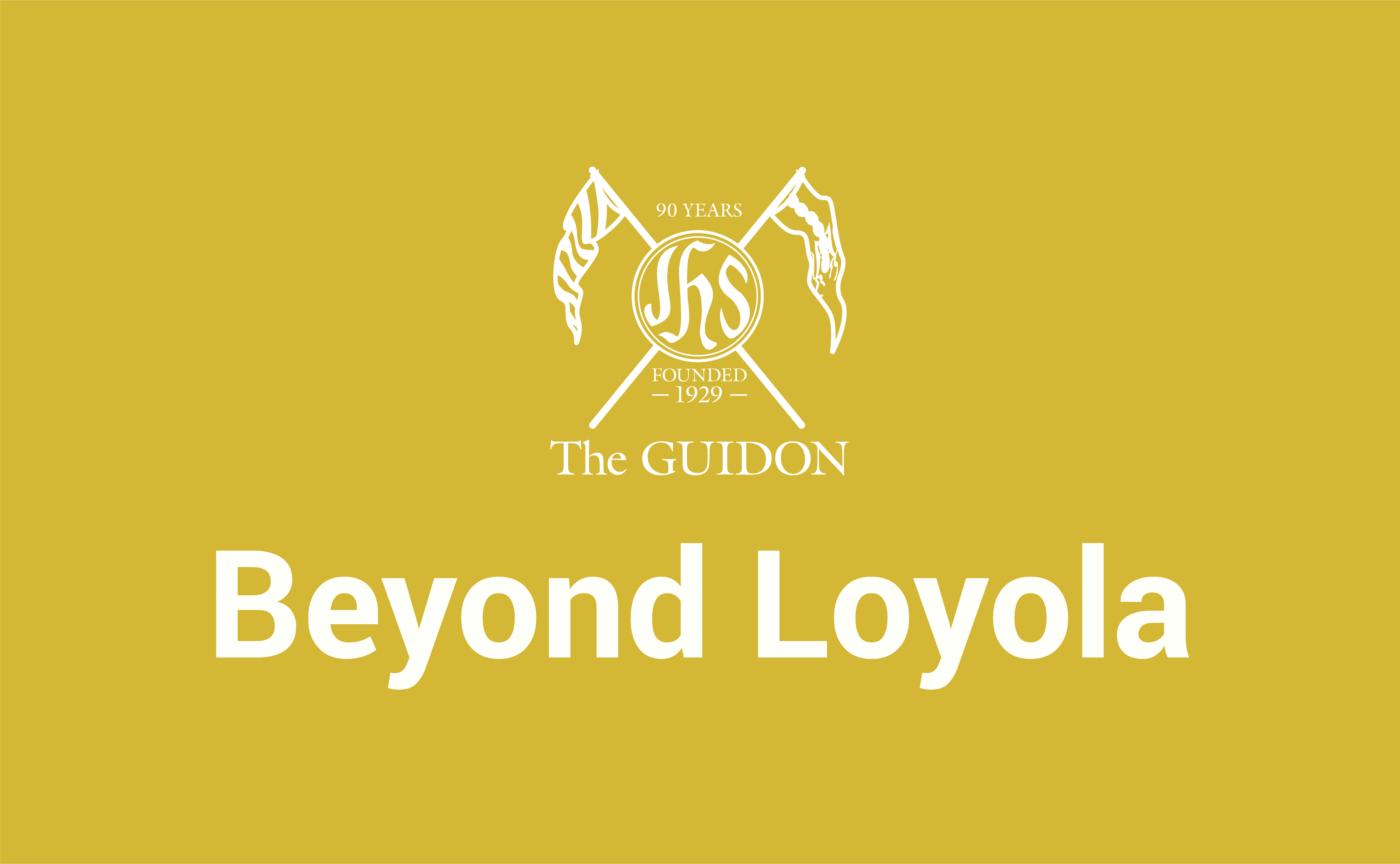It’s no surprise that with the rise of globalization, economies have seen a significant rise in wealth inequality. According to the Organization for Economic Cooperation and Development (OECD), inequality is growing thanks to the wealthy pouring their money into properties, savings, and investment portfolios. These are all income-generating assets, which means the rich will only get richer.
Indeed, from 1980 to the present, the world’s wealthiest—or the top 1% of income earners—saw their wealth grow by 5%, while the bottom 50% of earners actually saw their wealth decrease. With that, economists have produced a variety of literature that proposes possible solutions to address the growing wealth gap.
For Senior Research Officer at the Institute for New Economic Thinking Linus Mattauch, taxing the assets of the wealthy—rather than their salaries—is one way to address wealth inequality. Moreover, levying wealth taxes may help close the wealth gap without sacrificing the economy’s efficiency.
However, the OECD points out that the problem with wealth taxes is that it remains impossible to value the possessions of the ultra-rich. For instance, ultra-wealthy individuals have 70-80% of their wealth invested in the stock exchange. Since the listed securities trade daily, stock prices fluctuate significantly. This complicates portfolio valuation. Valuing artworks, homes, and other properties are even more difficult and can take years as auditors and tax authorities can disagree on asset value.
Yet, the heart of the anti-wealth tax argument is that the bulk of the wealthy’s assets are used for business activities that generate jobs and income. Investments will thus decrease with wealth taxes, and with it productivity, wages, and potential economic growth.
Recent literature thus proposes an alternative to the wealth tax: Taxing inheritances. The OECD concurs with this proposition since inheritance or estate taxes, which are levied only once, can be administered and complied with more easily. The split will then moderately reduce wealth concentration along with economic and political power.
Of course, estate taxes alone will not equalize wealth. However, when tax revenues are considered and used for redistributive purposes, the total effect may decrease wealth inequality. Mattauch agrees with this idea, believing that tax proceeds should be reinvested in efforts that develop a country’s economic capabilities.
For instance, re-skilling human capital creates a workforce powerful enough to prevail in tomorrow’s industries. Another option would be to earmark tax revenues for infrastructure development, as recommended by the National Economic Development Authority Socioeconomic Planning Undersecretary Adoracion Navarro.
By building up infrastructures and workers’ skill levels, the widening gap between rich and poor regions can be mitigated. This two-pronged approach will lead to a highly efficient distribution network that will enhance how strongly regions are connected with each other.




